On the afternoon of June 17, the National Assembly discussed in groups the Draft Law on Value Added Tax (amended) and the Draft Resolution of the National Assembly on reducing value added tax.
Participating in the discussion, National Assembly Deputy Hoang Van Cuong (Hanoi delegation) completely agreed with the Resolution to reduce value added tax by 2% until December 31, 2024, in the current context, domestic demand in general is still low, so reducing value added tax will help reduce service prices, especially essential goods and services. Thereby, stimulating consumption and production. Second, the deadline of December 31, 2024 is also the end of the year for tax settlement.
“However, in reality, when implementing the Resolution to reduce value added tax by 2%, the target is the final price of goods when they reach consumers. But in reality, the number of consumers who enjoy benefits at this price level is not much, except in the case of purchasing goods and services with invoices and documents. Most popular services and goods have almost no documents. For example, the price of a bowl of pho for breakfast can be reduced by 2% if applied,” said Mr. Cuong.
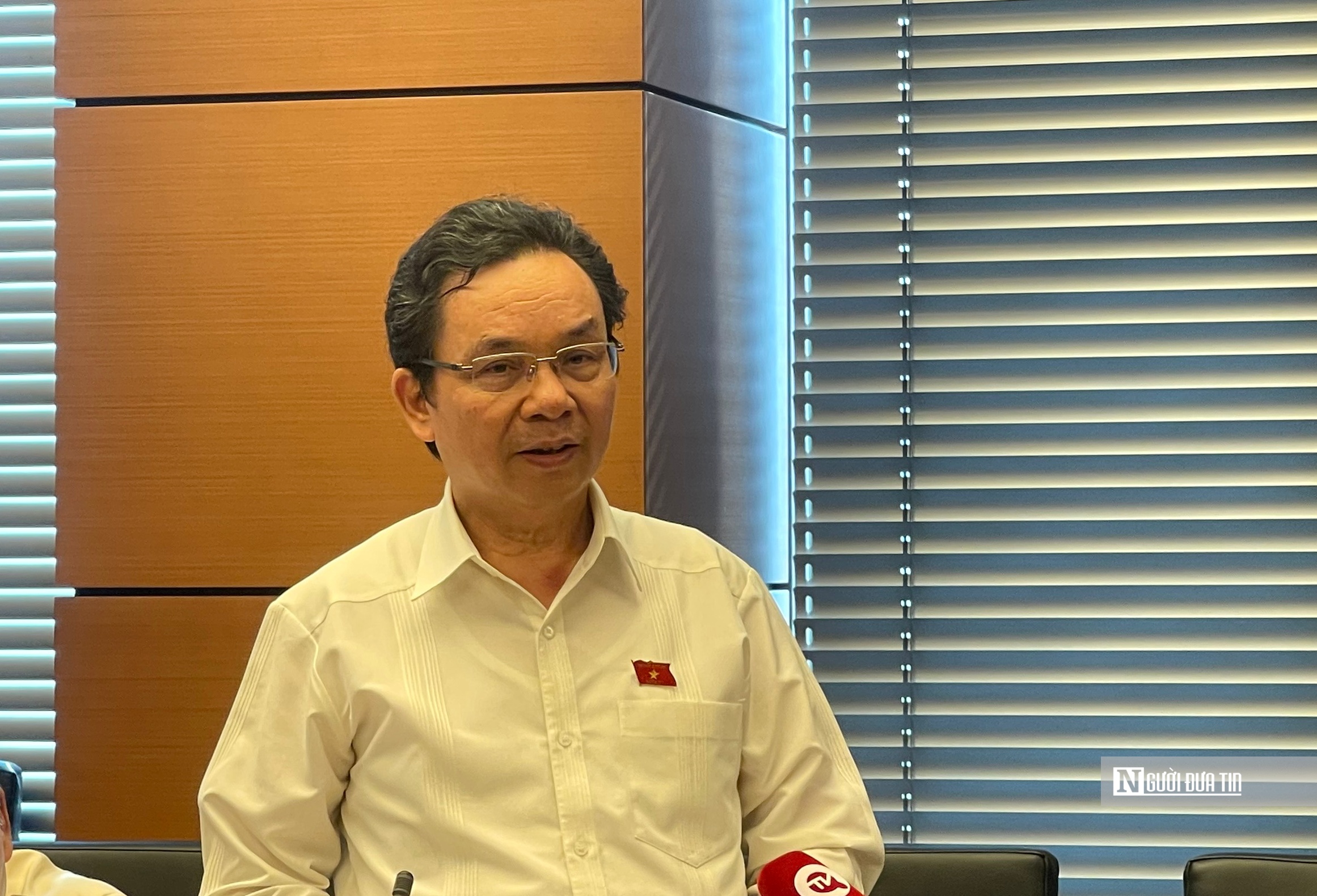
National Assembly Deputy Hoang Van Cuong expressed his opinion.
According to Mr. Cuong, when supervising localities, the National Assembly delegation recorded the consensus of the localities even though this would affect the budget revenue. The localities proposed a 2% reduction in value added tax, because it really has a positive impact on production recovery.
Regarding the amendment of the Law on Value Added Tax, Mr. Cuong said that it is necessary to consider the content of gradually increasing the value added tax rate: "Currently, to encourage production and promote consumption, we have to reduce taxes. But by the end of 2025, by 2026, if the actual increase is 10%, then it will have the opposite effect compared to the current desire to promote production."
According to Mr. Cuong, compared to the world average of 15%, Vietnam's value added tax is still low, but compared to the group of developing countries, this is a high level.
“Tax reform in the direction of increasing value added tax must be carefully considered. Tax reform is very necessary, but we still have room for tax in many other areas. A typical example is property tax, when currently almost no tax has been collected. Meanwhile, property tax will regulate income, regulate the activities of different groups of subjects, especially high-income people with large assets…”, Mr. Cuong said.
Mr. Cuong also proposed opinions related to the objects transferred from the non-taxable group to the 5% taxable group, typically fertilizers and some types of agricultural machinery and equipment.
“If the tax is increased to 10%, farmers will have to pay higher fertilizer prices. What problem will a 5% tax increase on these products solve?”, Mr. Cuong wondered, adding that there is an argument that fertilizer companies have to bear a portion of the input costs that are not deductible. Thus, if the tax is increased by 5%, businesses will be able to deduct and the costs for businesses will decrease, and accordingly, the selling price of fertilizer will also decrease. However, he said that this argument is not convincing.
Because according to him, fertilizers are being sold at a price without tax. When the tax increases, the price will also be added with 5% tax, so the price of fertilizers will be higher, and it is impossible to add tax and say that the price will decrease.
In addition, Mr. Cuong also said that we can only produce about 70% of fertilizer, the remaining 30% is imported. If the tax increases by 5%, of course the price of imported fertilizer must be higher than the current level. This has the advantage of limiting imports and encouraging domestic enterprises to produce.
"But on the farmers' side, of course, there will be an additional 5% tax. Businesses get a deduction, but farmers have to pay the tax," Mr. Cuong analyzed.
To overcome the contradiction when fertilizer production enterprises have to pay input tax but cannot deduct output tax, Mr. Cuong proposed to change to 0% export tax and put them in the group of goods eligible for input tax refund like exported goods. This ensures that "no money from farmers is taken to compensate enterprises".
Mr. Cuong also said that it is necessary to maintain a financial service in the non-taxable group, especially the group of so-called derivative financial services that are developing from the banking and securities sectors to commodity exchanges, futures contracts, forward contracts, etc. to encourage new types of business.
In addition, Mr. Cuong questioned whether products and services on digital platforms are subject to value added tax or not? For example, the product is a software, the customers are not only domestic but also foreign... in this case, it is an export service and is not subject to value added tax.
According to Mr. Cuong, digital technology development is in dire need of encouragement, so these products should also be included in the list of products not subject to value added tax or zero value added tax like exported goods.
Regarding transportation service tax, Mr. Cuong proposed that the railway industry should have tax exemption regulations when implementing the policy of encouraging railway services, urban railways, high-speed railways, etc.
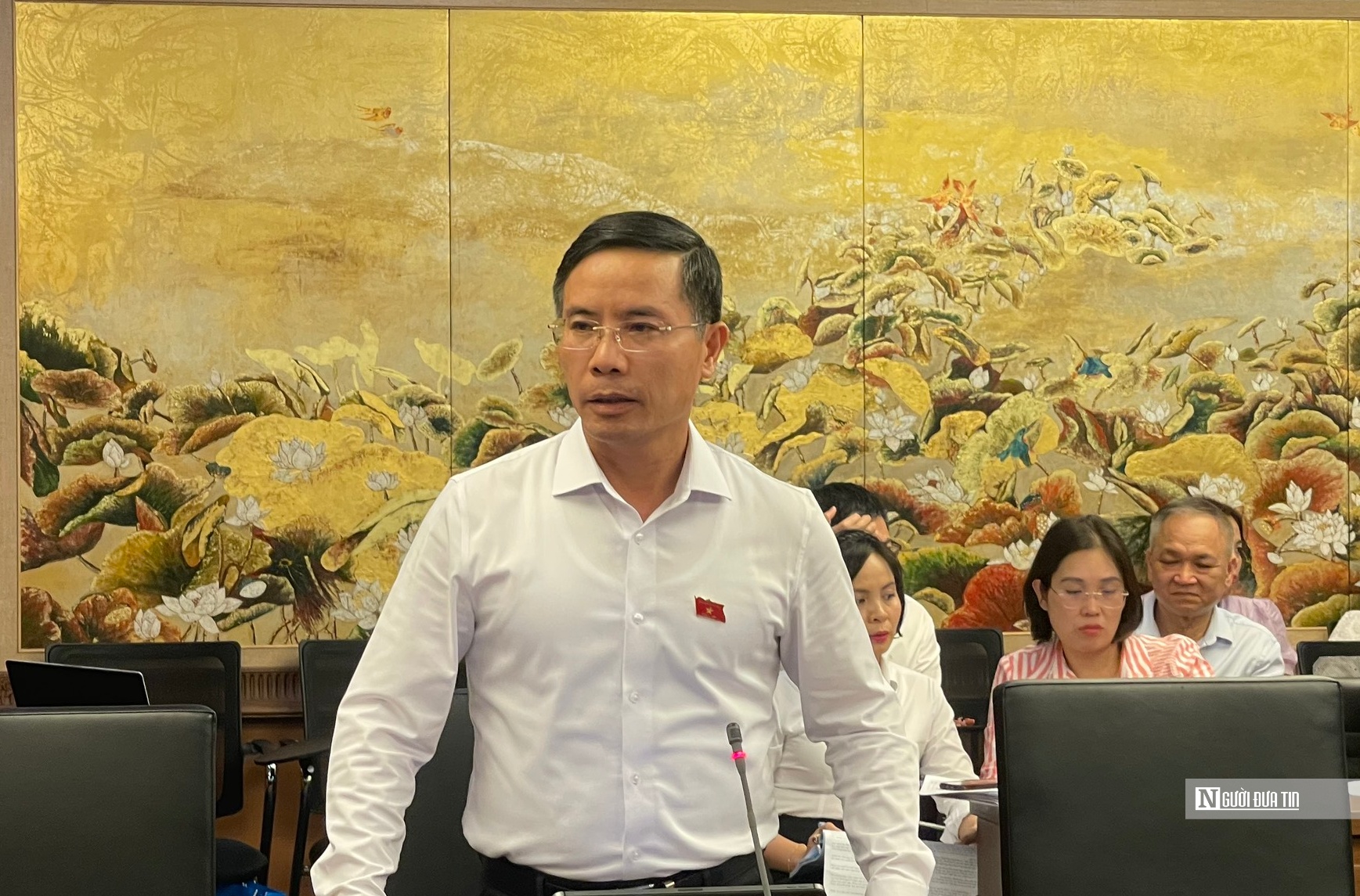
National Assembly Deputy Pham Duc An.
Participating in giving opinions on other regulations in the draft Law on Value Added Tax (amended), National Assembly member Pham Duc An (Hanoi delegation) was concerned about the issue of fake invoices. The delegate said that the issue of value added tax refunds leads to huge benefits, so counterfeiting invoices for tax refunds causes huge losses of thousands of billions of VND.
"There needs to be a more specific solution to this problem. If we only regulate it as in the draft Law, it will be difficult to achieve the goal of preventing and combating counterfeit invoices," said Mr. An .
Source: https://www.nguoiduatin.vn/khong-lay-tien-cua-nong-dan-bu-cho-doanh-nghiep-a668796.html






![[Photo] Ministry of Defense sees off relief forces to the airport to Myanmar for mission](https://vstatic.vietnam.vn/vietnam/resource/IMAGE/2025/3/30/245629fab9d644fd909ecd67f1749123)

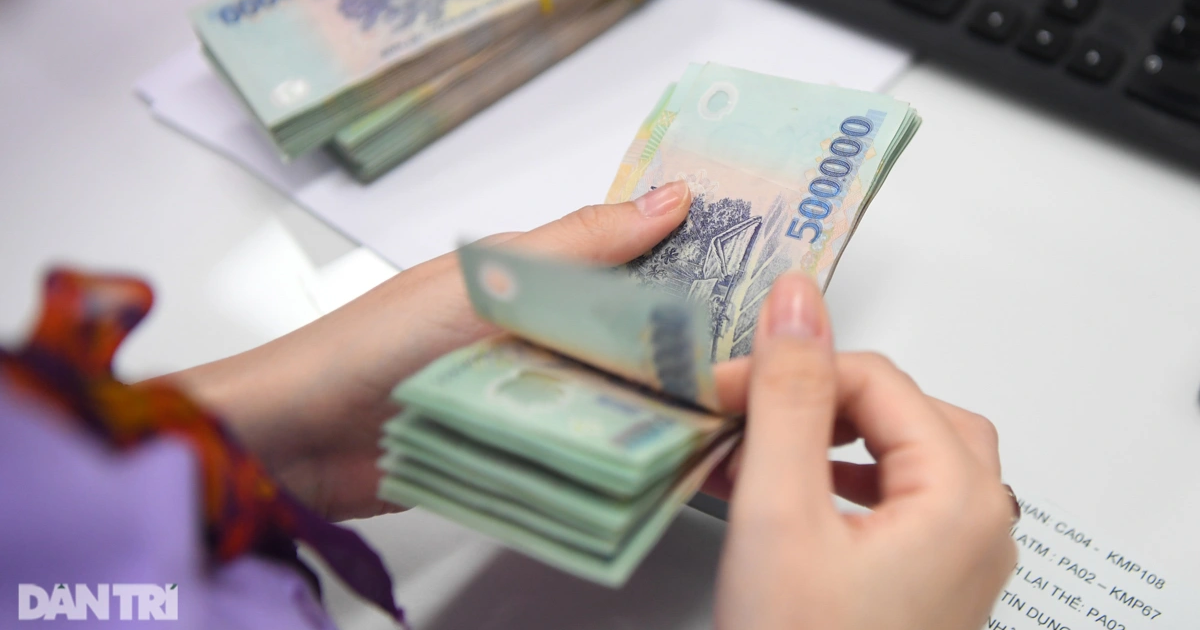

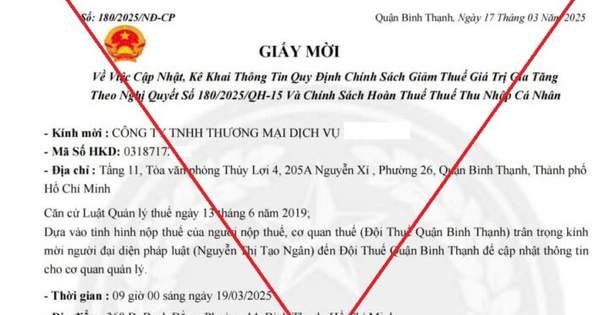

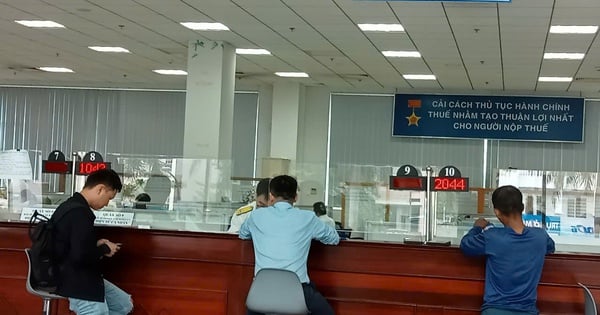
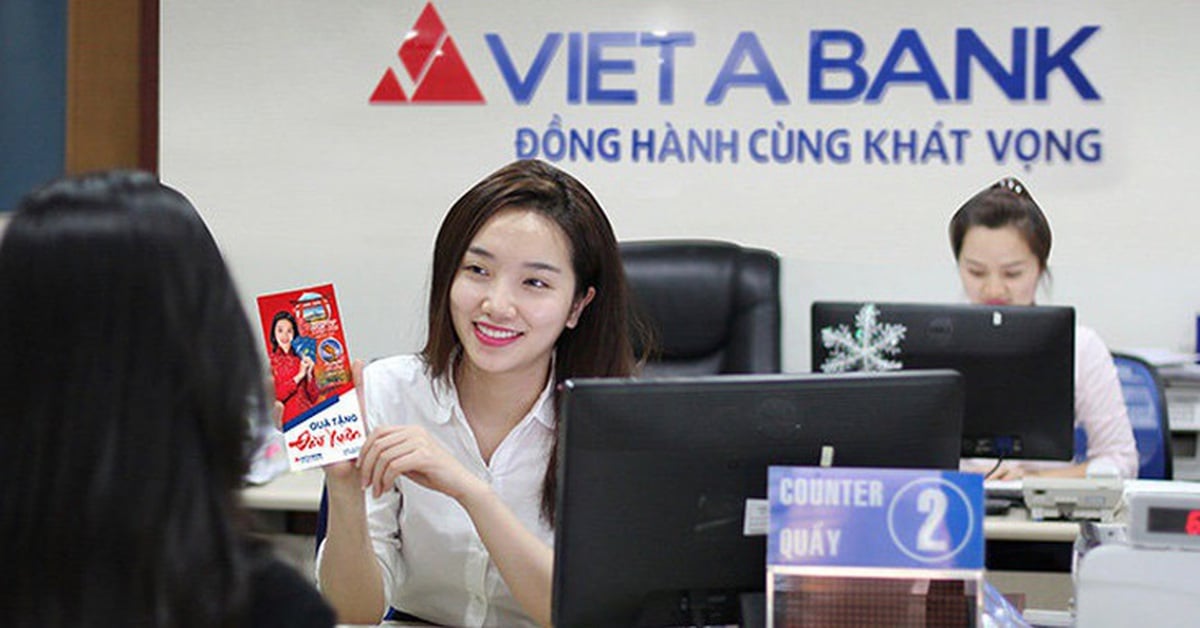

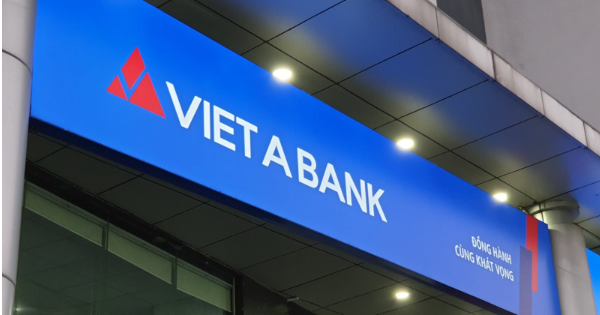
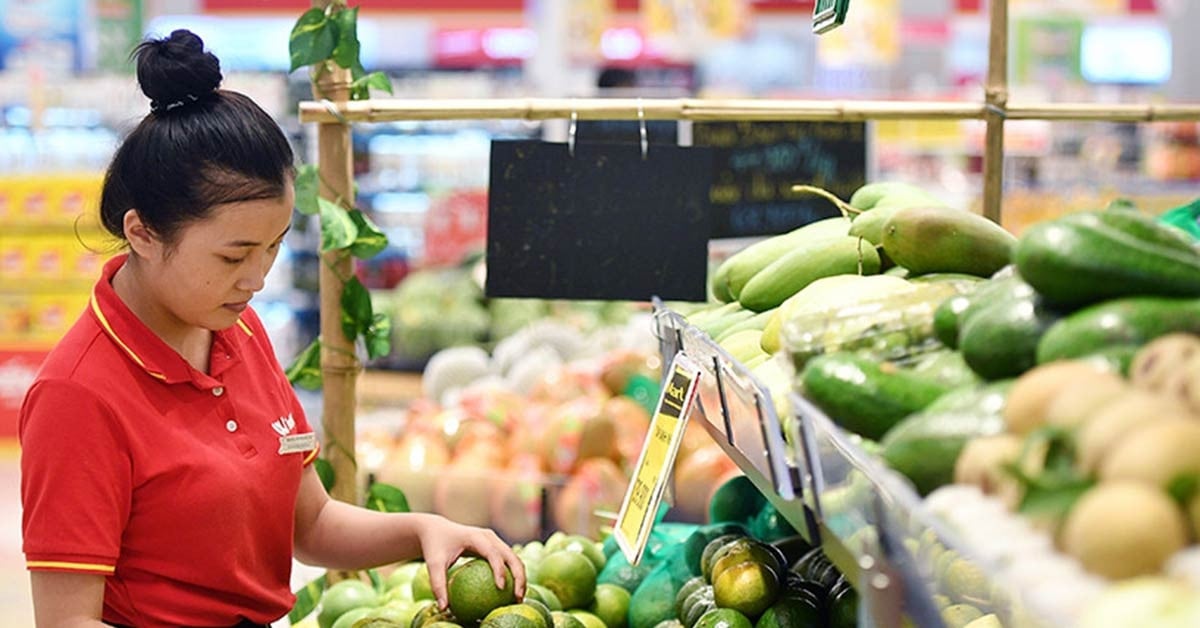

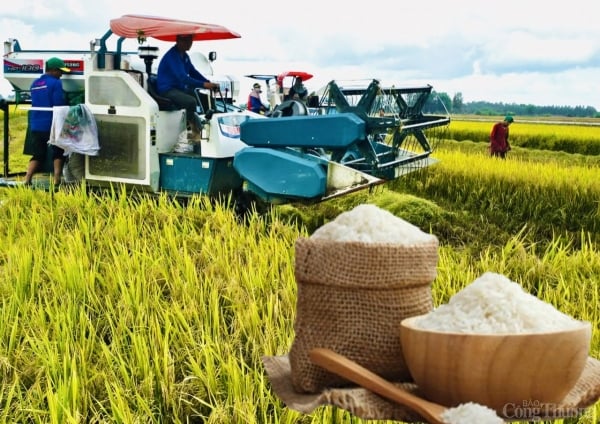
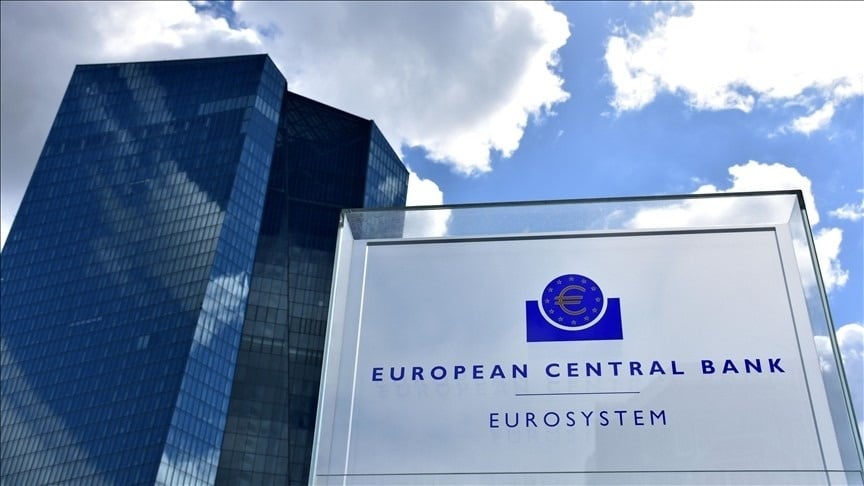
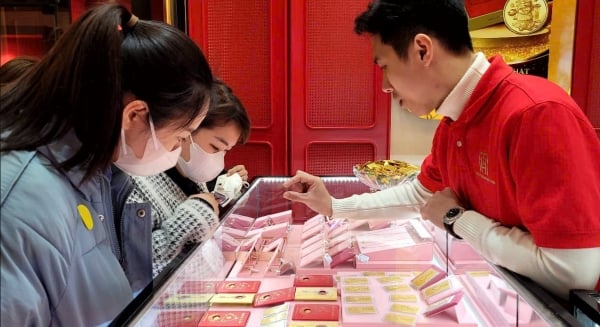
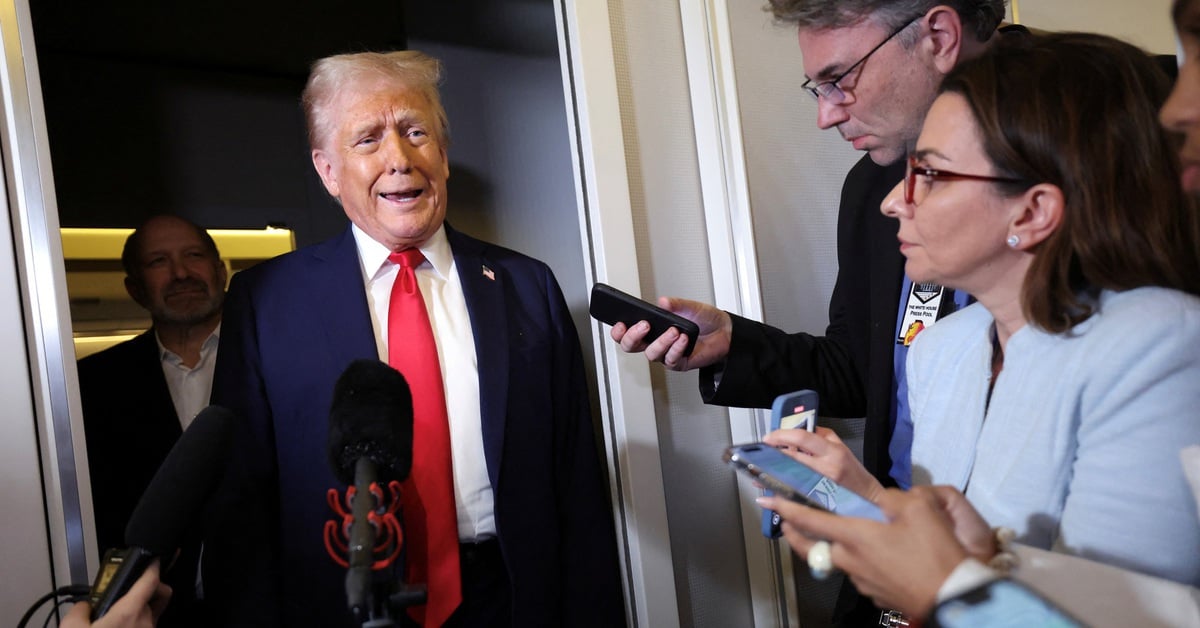
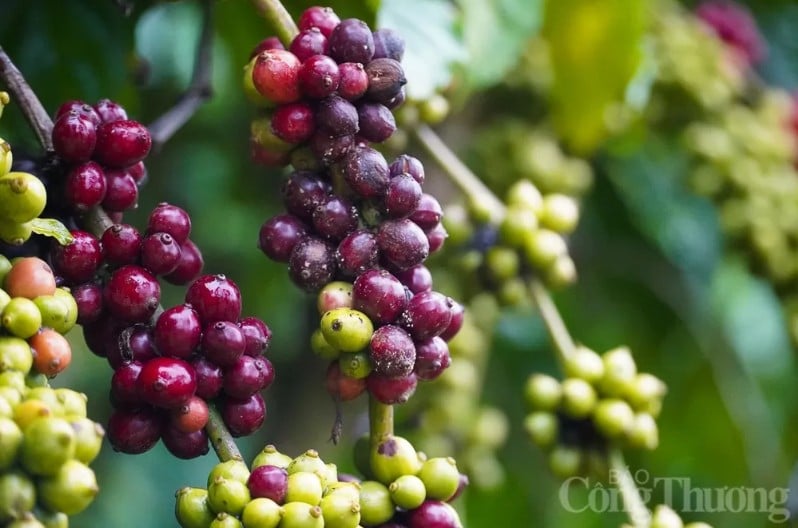
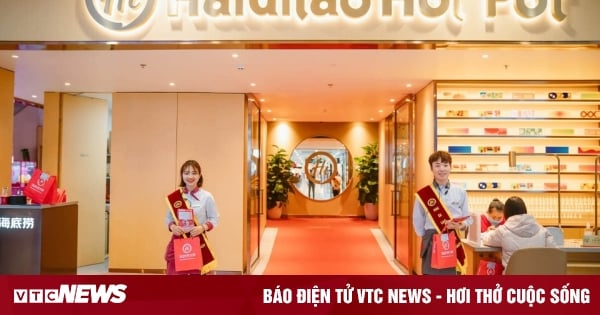








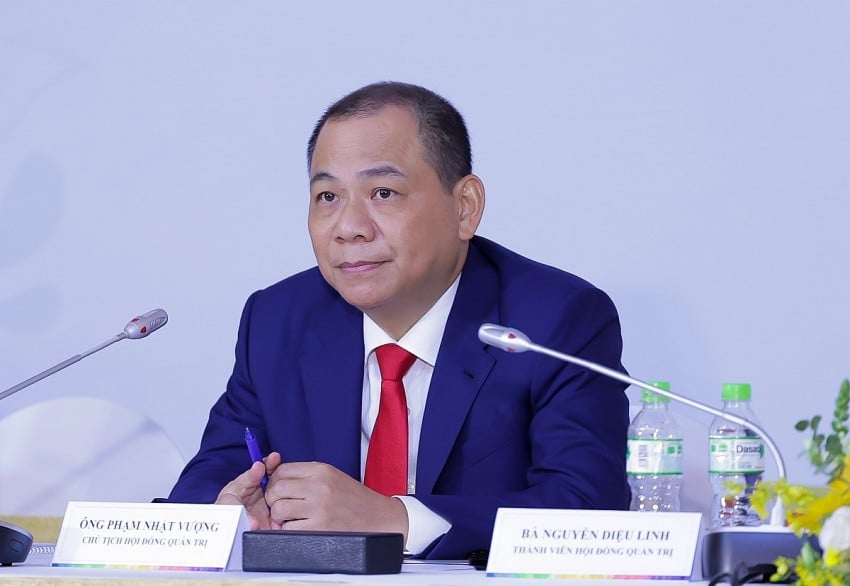
![[Photo] Prime Minister Pham Minh Chinh chairs meeting to remove difficulties for projects](https://vstatic.vietnam.vn/vietnam/resource/IMAGE/2025/3/30/7d354a396d4e4699adc2ccc0d44fbd4f)












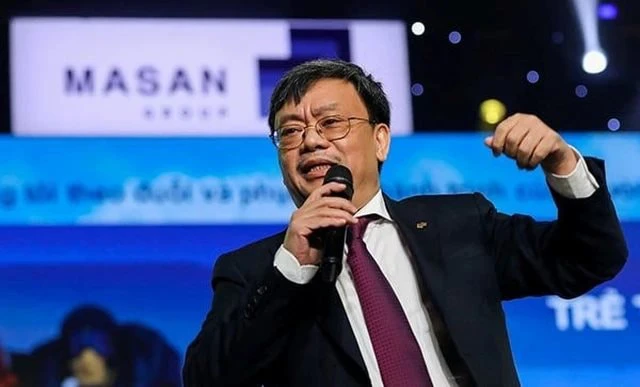

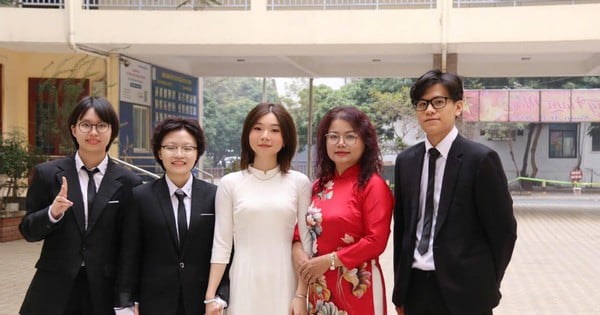

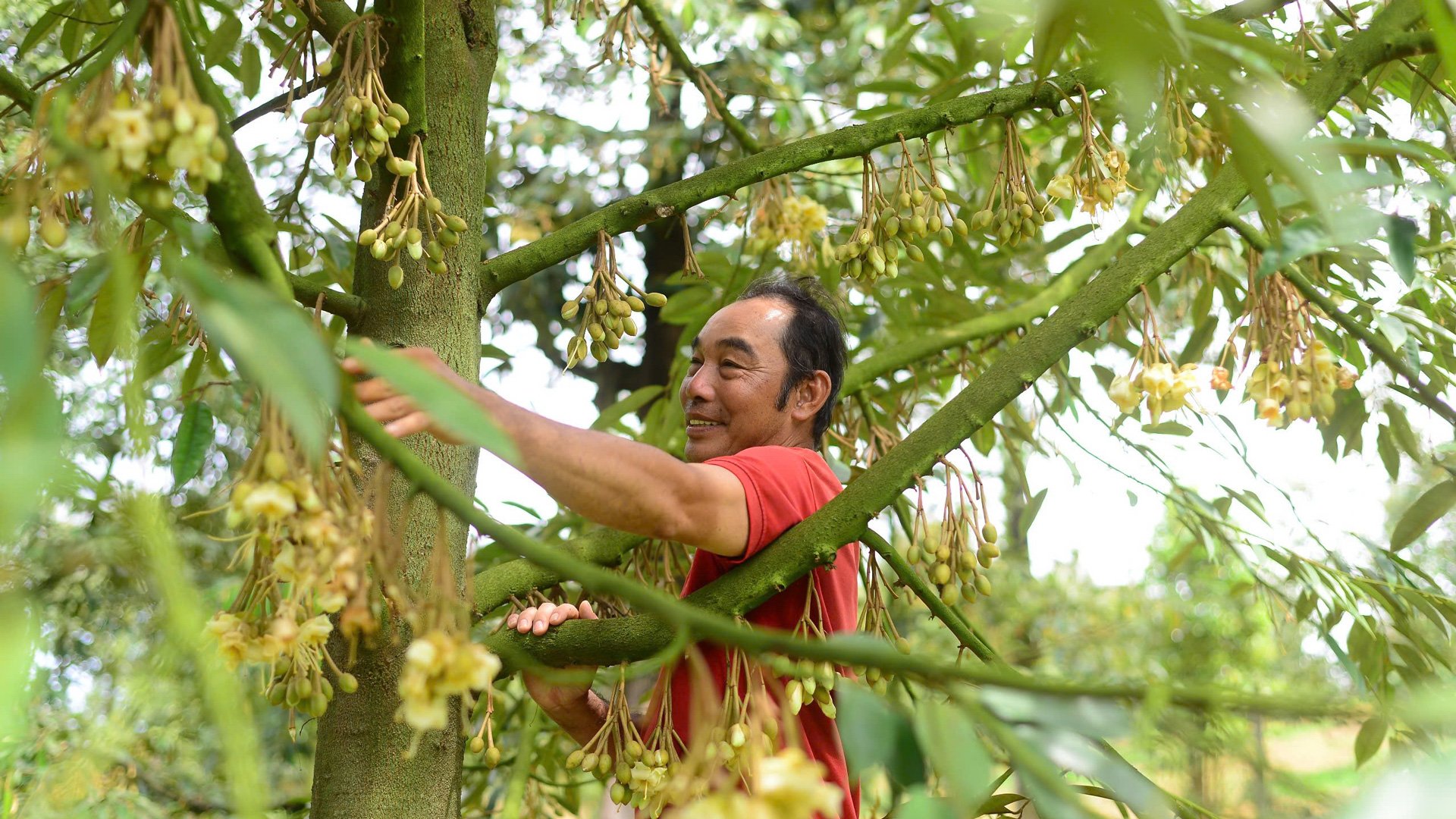












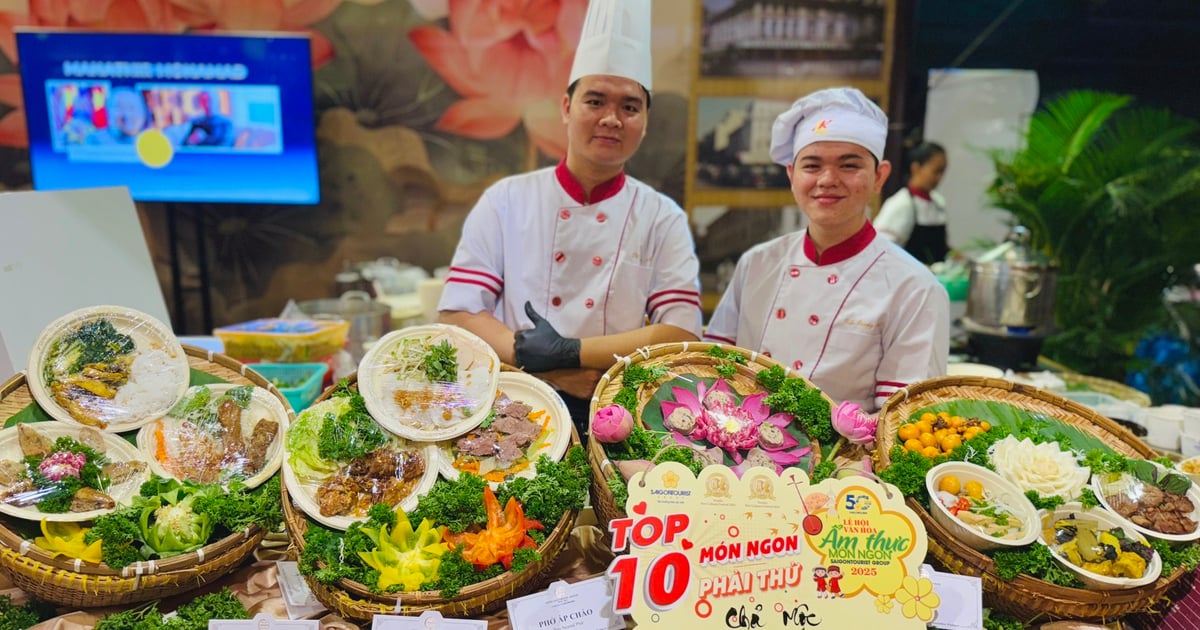


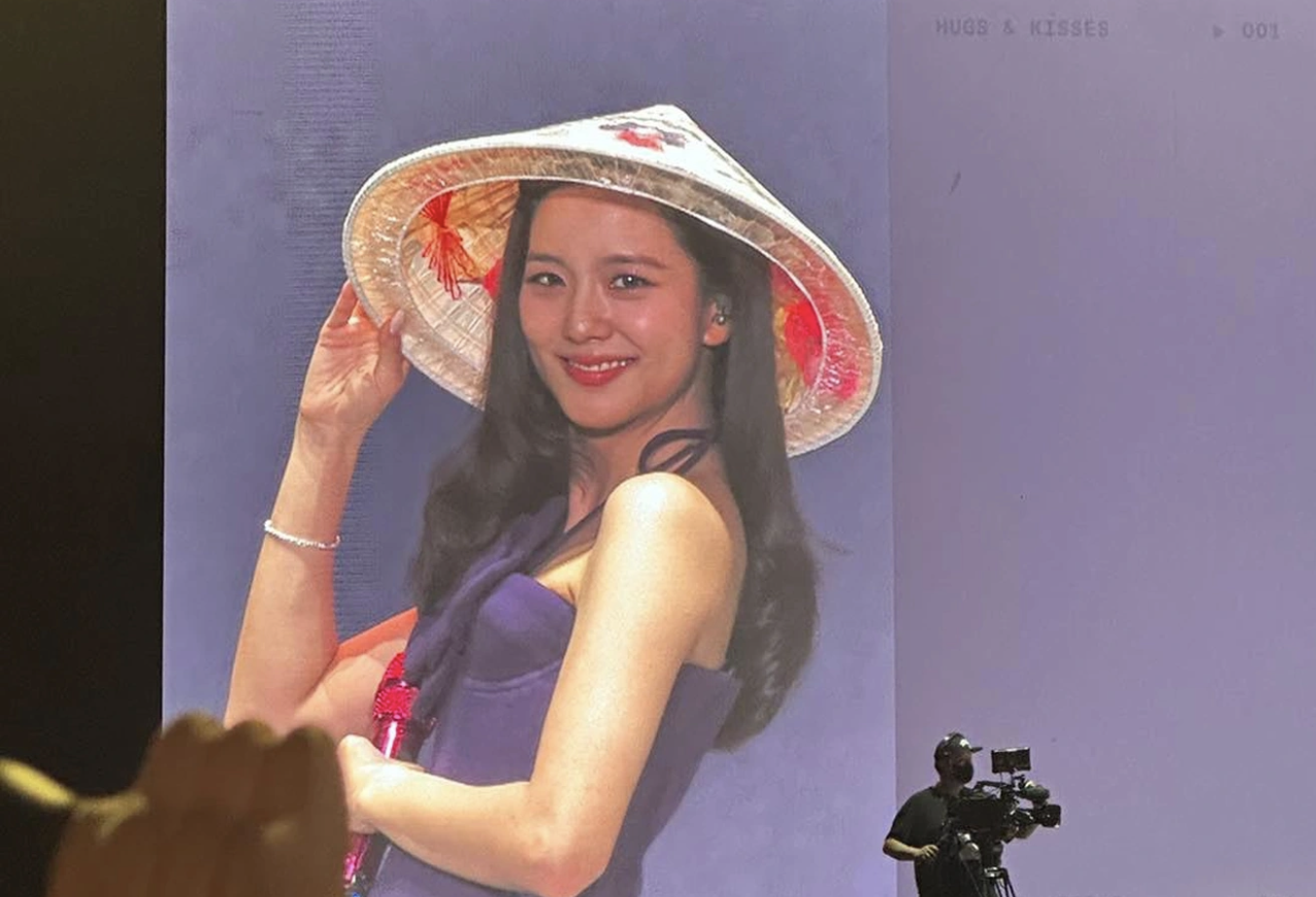


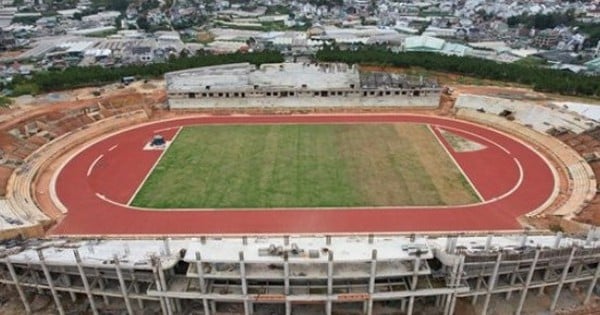


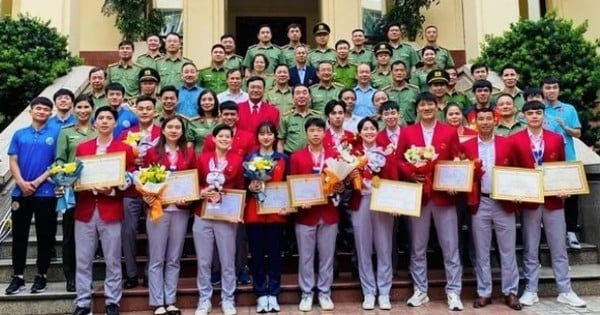

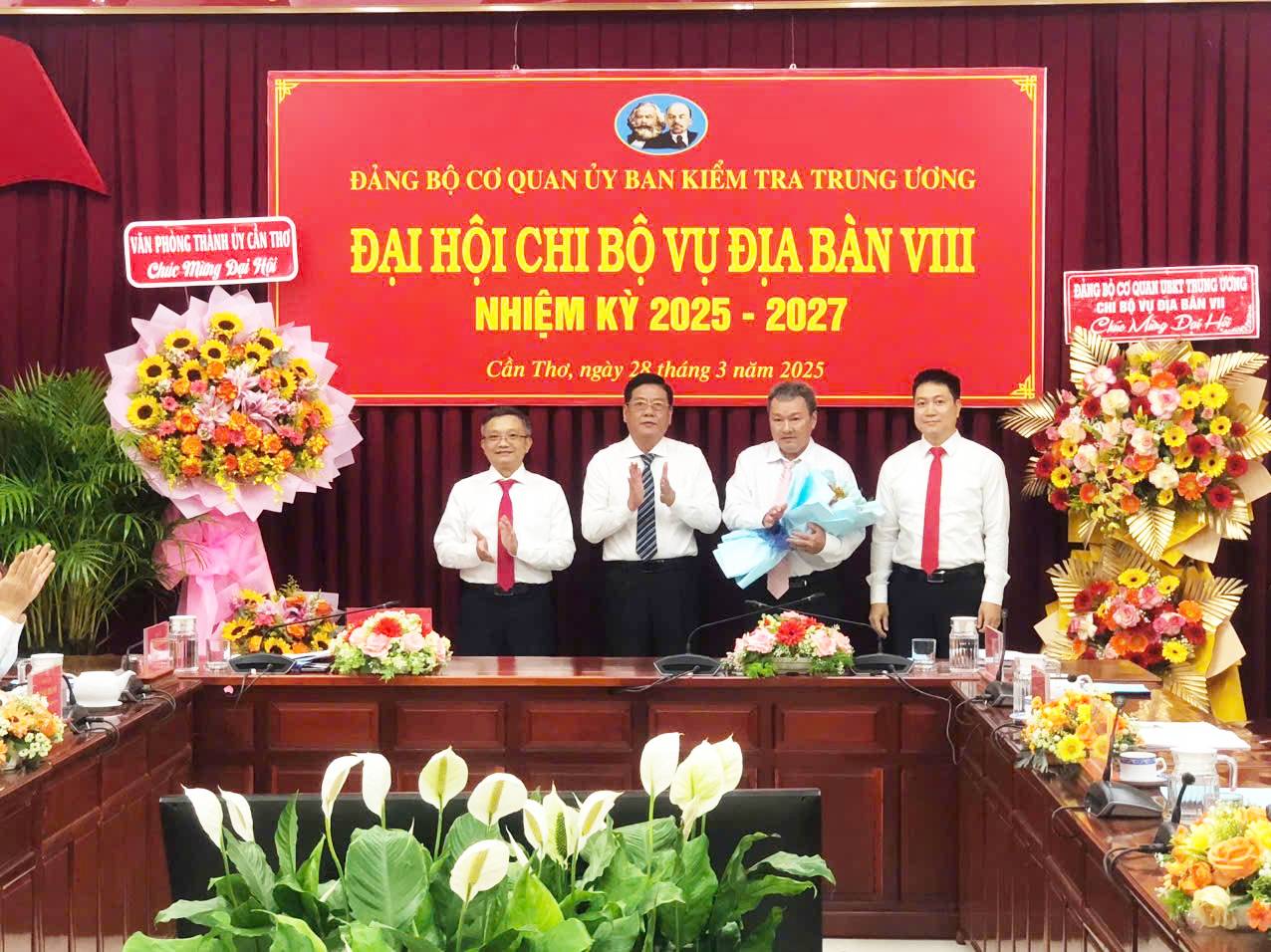

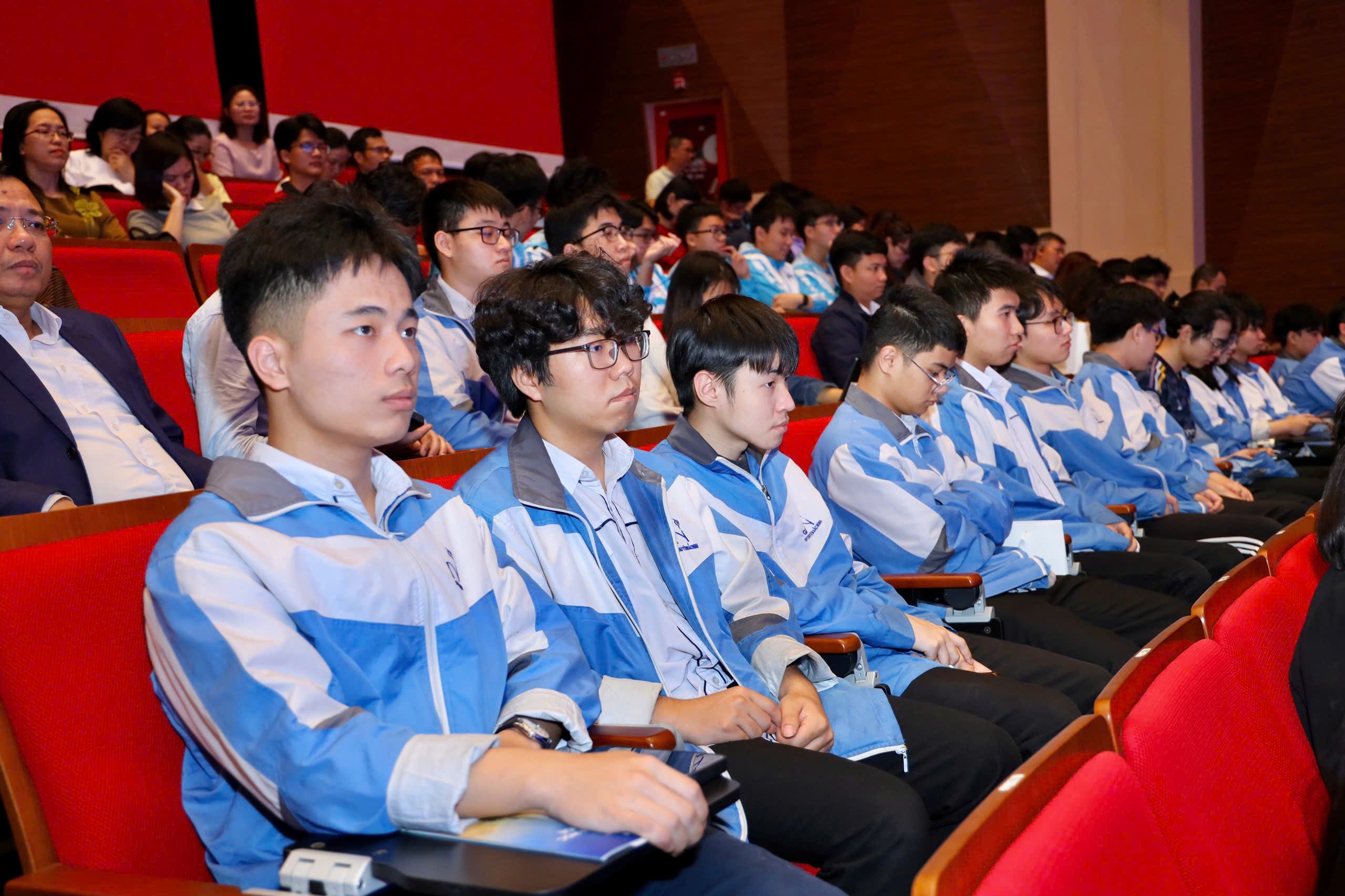

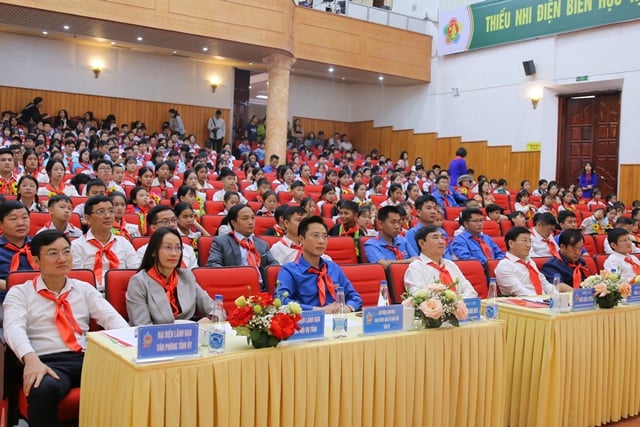

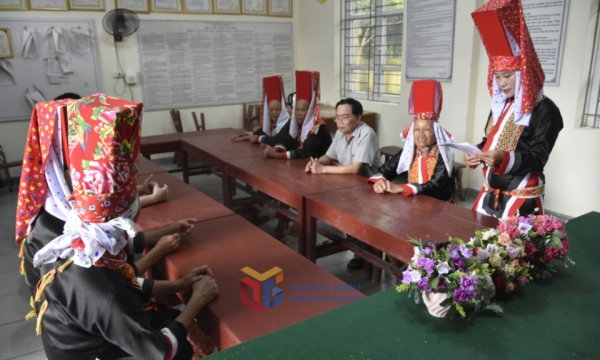
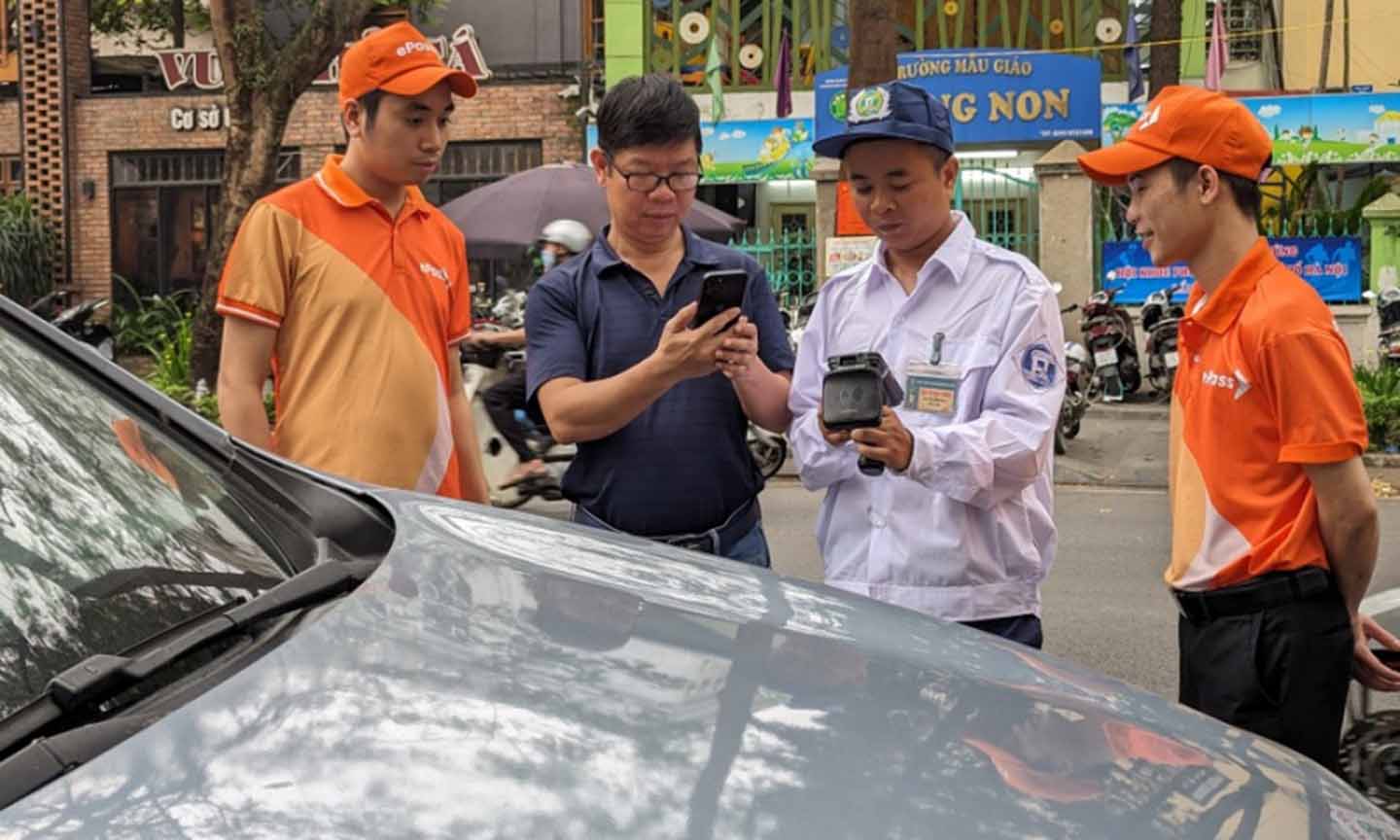

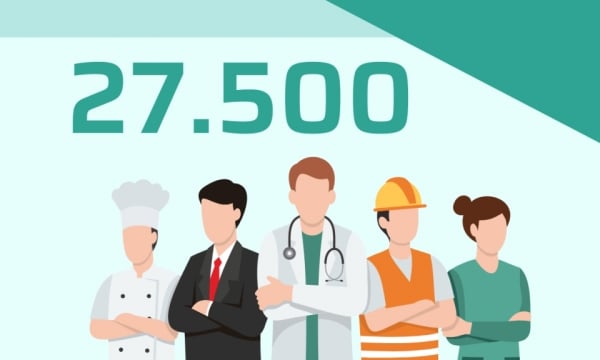


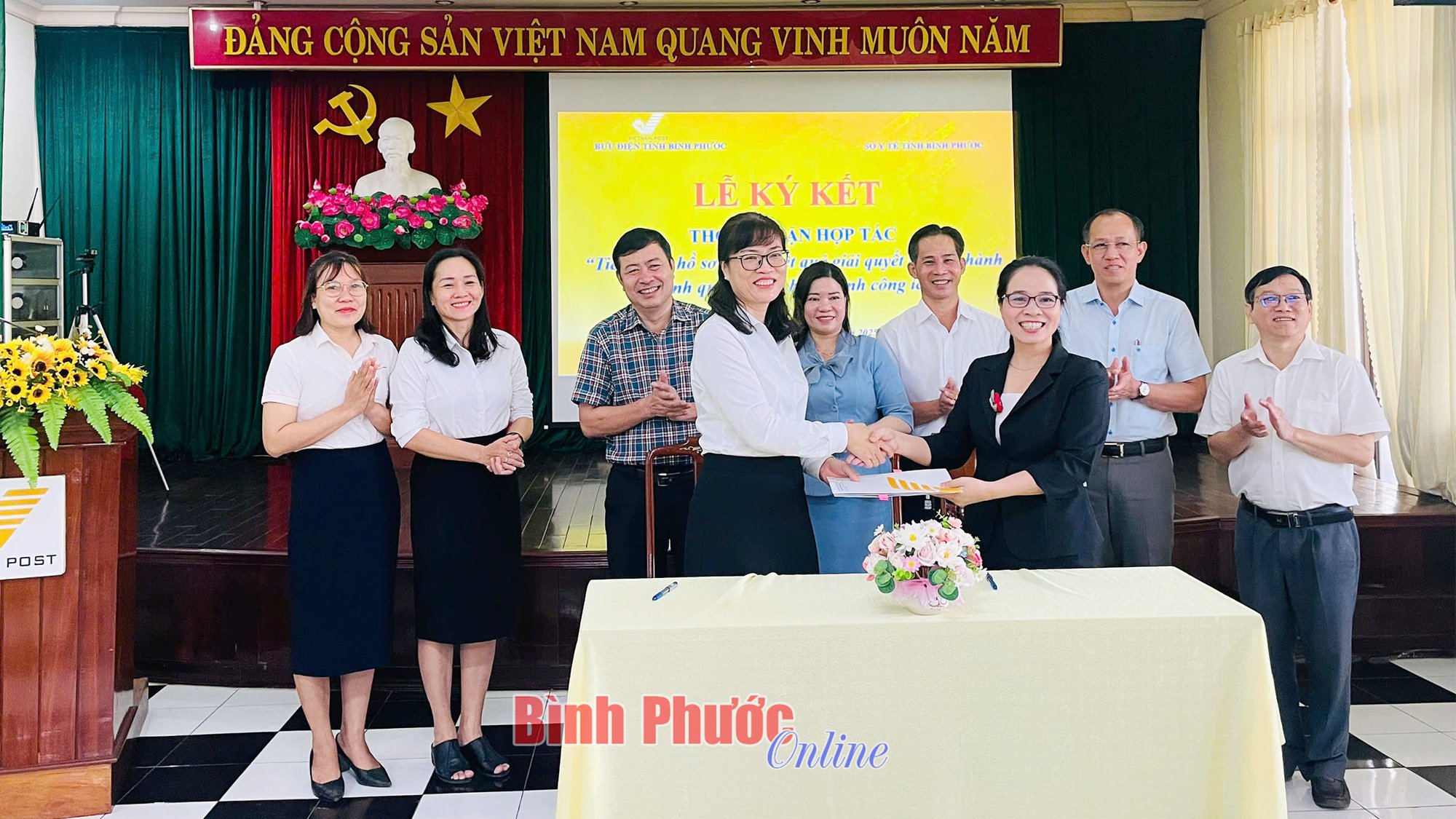









![[REVIEW OCOP] An Lanh Huong Vet Yen Cat](https://vstatic.vietnam.vn/vietnam/resource/IMAGE/2025/3/27/c25032328e9a47be9991d5be7c0cad8c)



Comment (0)